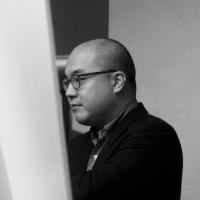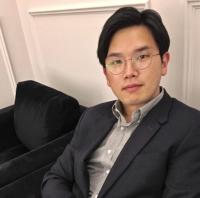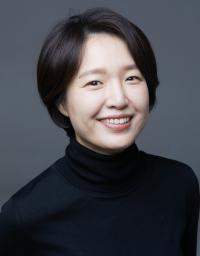Event Date
Join us for an enlightening event as we host distinguished Visiting Professors from the Korea Advanced Institute of Science & Technology at the California Lighting Technology Center, UC Davis. Don't miss out on this unique opportunity to gain valuable insights from these esteemed scholars. RSVP via email to CLTC's Associate Director Jae Yong Suk to secure your spot and be part of this illuminating experience.
Time: 10 A.M. to 12 P.M.
Lecture 1: Make Cities Smart, Resilient, Sustainable
In South Korea, the integration of smart cities has emerged as a pivotal facet in urban development and management, garnering considerable attention within the field of urban studies. KAIST, seeking to become a pioneering role in smart city research, established the KAIST Smart City Research Center in 2016, actively engaging in diverse research and development endeavors. Embracing the continuous improvement of computational technologies, the center strives to assimilate innovative technological methodologies and advance a distinctive approach to investigating urban spaces through the adoption of cutting-edge technologies. This presentation focuses on recent research undertakings within the KAIST Smart City Research Center and KAIST Urban Design Lab. By utilizing advanced technologies, the KAIST Smart City Research Center has been dedicated to helping people formulate efficient and effective decision-making processes for making cities better for humans.

Young (Youngchul) Kim, Ph.D. is an urban designer, licensed architect, researcher and educator, currently serving as an associate professor of urban design at KAIST. He teaches theory and design in architecture and urbanism. His current research interests include investigating planning and design strategies within the context of smart cities and climate change and employing deep learning and artificial intelligence approaches for urban analytics to capturing urban invisible characteristics.
Lecture 2: Decarbonizing Cities with Smart City Technologies in Korea: Prospects and Caveats
Cities account for 78% of the world’s energy consumption and produce more than 60% of global greenhouse gas emissions. Decarbonizing cities is a priority that requires reducing buildings’ energy use; increasing land use mix and density to reduce motorized transportation; electrifying fossil fuel-dependent systems, including building and transportation systems; expanding renewable energy production; and maximizing carbon sinks. In this talk, I will briefly review how existing smart city technologies are being used for climate change mitigation. Then, I will introduce a Smart City case from Korea – Sejong City, and discuss the prospects and caveats of utilizing Smart City technologies for decarbonization.

Dr. Albert Tonghoon Han is an associate professor of urban and environmental planning in the Department of Civil and Environmental Engineering at the KAIST. His research focuses on the following three areas: (1) planning and policy evaluation for urban sprawl mitigation and land preservation; (2) evaluating environmental policies for pollution and climate change mitigation, and (3) data mining for enhancing public participation in the planning process.
Lecture 3: Pricing Climate-Related Financial Risks in Energy Infrastructure Assets
This study develops an integrated framework to assess climate-related financial risks and simulates it on three downstream energy assets: natural gas, coal, and solar photovoltaic power plants. We identify climate risk factors (physical and transition) that an asset is highly exposed to with its specific asset type, geographic location, time frame, and financing structure and build plausible climate risk scenarios using single or multiple risk factors. We then project an energy asset's cash flow and estimate the asset's probability of default under the built scenarios. We compare the financial impacts of varying climate risk scenarios by analyzing the time and size of the losses due to the given default. We observe climate-related financial risks that are systematic and idiosyncratic: some scenarios affect certain energy assets negatively and others positively, while others negatively affect multiple asset types simultaneously. Our comparative case study results also show that renewable energy investments are likely to be more resilient to climate change than fossil fuel-based energy assets.

Soh Young In is an Assistant Professor in the Department of Civil and Environmental Engineering and an Affiliate Faculty of the Graduate School of Green Growth and Sustainability at the Korea Advanced Institute of Science & Technology (KAIST). She also serves as a Research Fellow at the Sustainable Finance Initiative (SFI) at the Stanford Doerr School of Sustainability. Before joining KAIST, Soh Young led financial innovation research at the Stanford SFI for 4 years, and she also served as the Director of Sustainable Finance Research at the Stanford University Korea Center.
